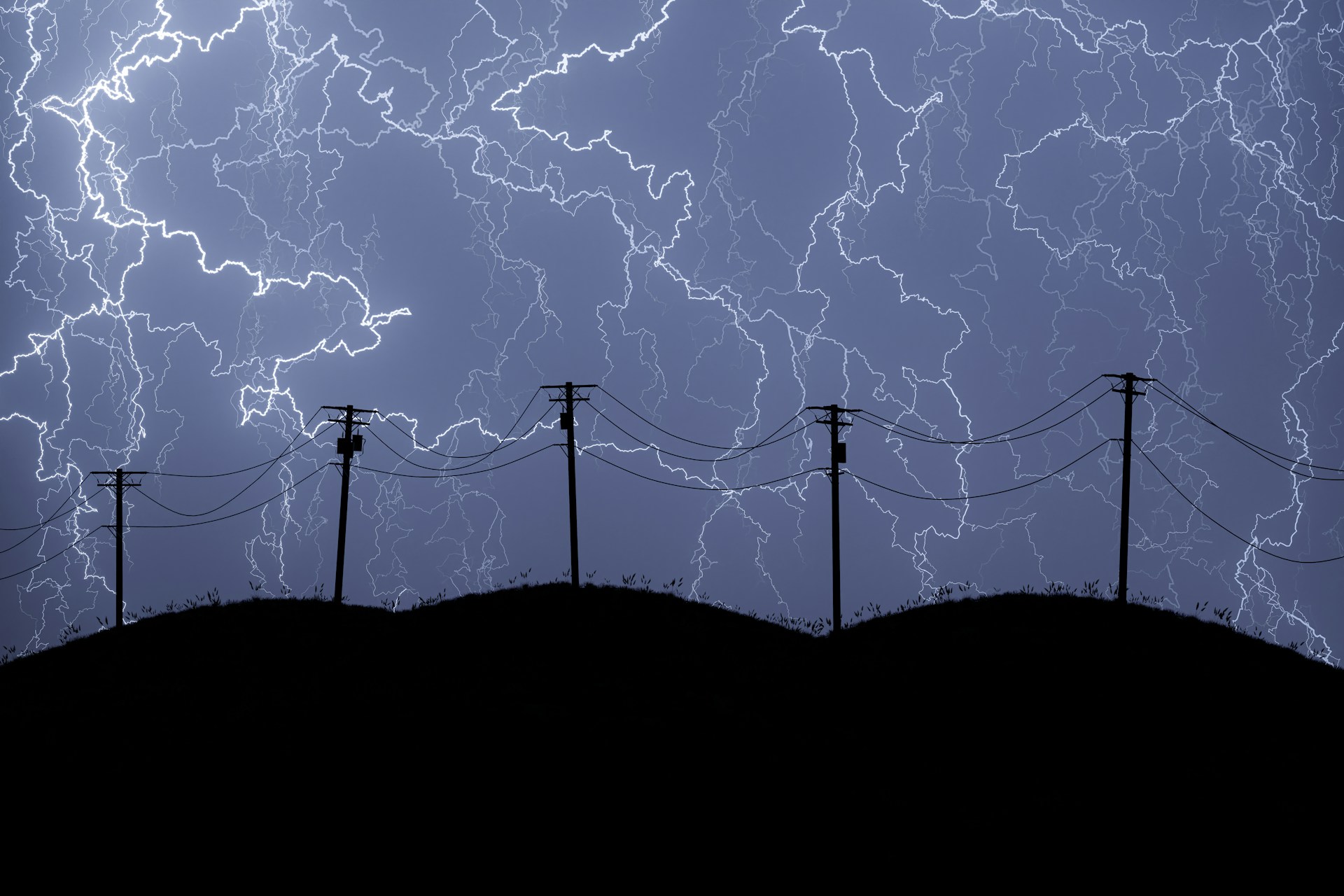The Israelites had been told about the promised land that they would be given. In Exodus 23, God had told them this:
I will establish your borders from the Red Sea to the Mediterranean Sea, and from the desert to the Euphrates River. I will give into your hands the people who live in the land, and you will drive them out before you. Do not make a covenant with them or with their gods. Do not let them live in your land or they will cause you to sin against me, because the worship of their gods will certainly be a snare to you.
Exodus 23:31-33
The original boundaries of the land that God would give to the Israelites would even be much larger than the land that they would go on to inhabit, or even what we see in the nation of Israel today. The land described here would have actually extended well into modern-day Iraq so as to reach the Euphrates River.
In any case, the more important point was that the Israelites were not to make any agreements, no covenants with the people who lived within the land that God had promised them. And the reason for that was that they would be led astray by the gods of the people in the land in Canaan.
And as it turned out, that warning was pretty prescient because that is exactly what happened, causing the downfall of Israel.
As the Israelites entered the promised land, they first destroyed Jericho, then subsequently Ai, and then several of the other kingdoms came to war against them.
But one of their neighbors who were living within the land that they would conquer decided to trick the Israelites into making a treaty with them. The people from Gibeon came to the Israelites saying that they had heard what God had done to bring them out of Egypt and how the Israelites had subsequently destroyed the Amorites before crossing the Jordan so they wanted to come and make a treaty with the Israelites so that they wouldn’t come and destroy them.
So they only spoke about the battles that they would have heard about a long time before they arrived, despite the fact that they would have known also about Jericho and Ai.
They brought stale and moldy bread, cracked wineskins, and worn-out clothes.
They put on a good show. They really made it look like they had come from a long way away so that the Israelites wouldn’t attack them.
And the Israelites bought it. They believed the trick of the Gibeonites, and they primarily believed it because of one important point: They didn’t inquire of the Lord.
They didn’t ask God.
The Israelites sampled their provisions but did not inquire of the LORD. Then Joshua made a treaty of peace with them to let them live, and the leaders of the assembly ratified it by oath.
Joshua 9:14-15
They made decisions and went forward based on their own understanding. They did what they did because they didn’t really understand what was happening. They were being tricked, and this would be the first time that they would disobey the commandment to not make any agreements with the people in the land. Early on in their commission to take over the land that they had been given, they end up making an agreement with one of the peoples that God had specifically told them to not
This was a huge mistake because the Gibeonites would remain in the land. The Gibeonites were Hivites who worshiped many other gods. And the Hivites were descendents of the Amorites, those that even worshiped Moloch, the god of the Amorites who demanded human sacrifice. It was the worship of other gods, and thus leading the Israelites away from the one, true God, that God had warned the Israelites to avoid.
Yes, the Gideonites were made to be servants of the Israelite people and thus shown mercy, but I believe this became a turning point for the nation of Israel. They would make this covenant, and allowing this people with its worship of other gods, would be a first step in the direction of the downfall of the nation of Israel. The Israelites were led and sustained by God’s power, but as they went, they continued to fade further and further away from God toward the other gods of the nations around them.
And where would they have learned about the gods of the other nations around them? From those with whom they continued to live and learn from.
The Israelites were to be different from these other nations, but instead, they continued to drift away from the one, true God toward the other nations. They worshiped these other gods, the false gods. They sacrificed to the other gods. And thus, they broke the covenant that God had made with them. God was no longer their God. Not because he no longer wanted to be God to them, but because he was no longer their God. As a people, the people of God wandered further and further from God, and thus they broke the covenant, ultimately rejecting God altogether, even officially telling Samuel that they no longer wanted God to be their king, but instead having a king like all of the other nations.
We can learn, therefore, a few important lessons:
First, it is easy for us to be deceived. There are people and forces around us all of the time that want us to leave the path that God has laid out for us. They have their own agenda, and it is not aligned with what God has called us to do, nor who he has called us to be. We must not be mistrustful, but we must be wise.
Second, the first step in seeking wisdom is to go to God, especially about significant decisions. Especially where we aren’t sure. Especially where we could make a decision to go straight, to turn, to move in a new direction, we must seek God, consult him, listen to him, and then move forward in faith.
Third, we shouldn’t think that God is going to change his mind about what he has told us. In the case of the Israelites, God was clear in his instructions related to the Canaanites, the Amorites, the Hivites. The Israelites were not to allow them to stay in the land so that they wouldn’t be pulled away from their relationship with Yahweh, the one true God.
And finally, and most importantly, we must stay in relationship with him. We must maintain our relationship with him. He is our creator. He is our savior. He is our king who wants only ultimate good for us. We must remain faithful to God, placing him in his proper position, and we in our proper position in our relationship and connection with him. This is our God and we must live for him, placing him at the highest place, with the highest value, over all things.








